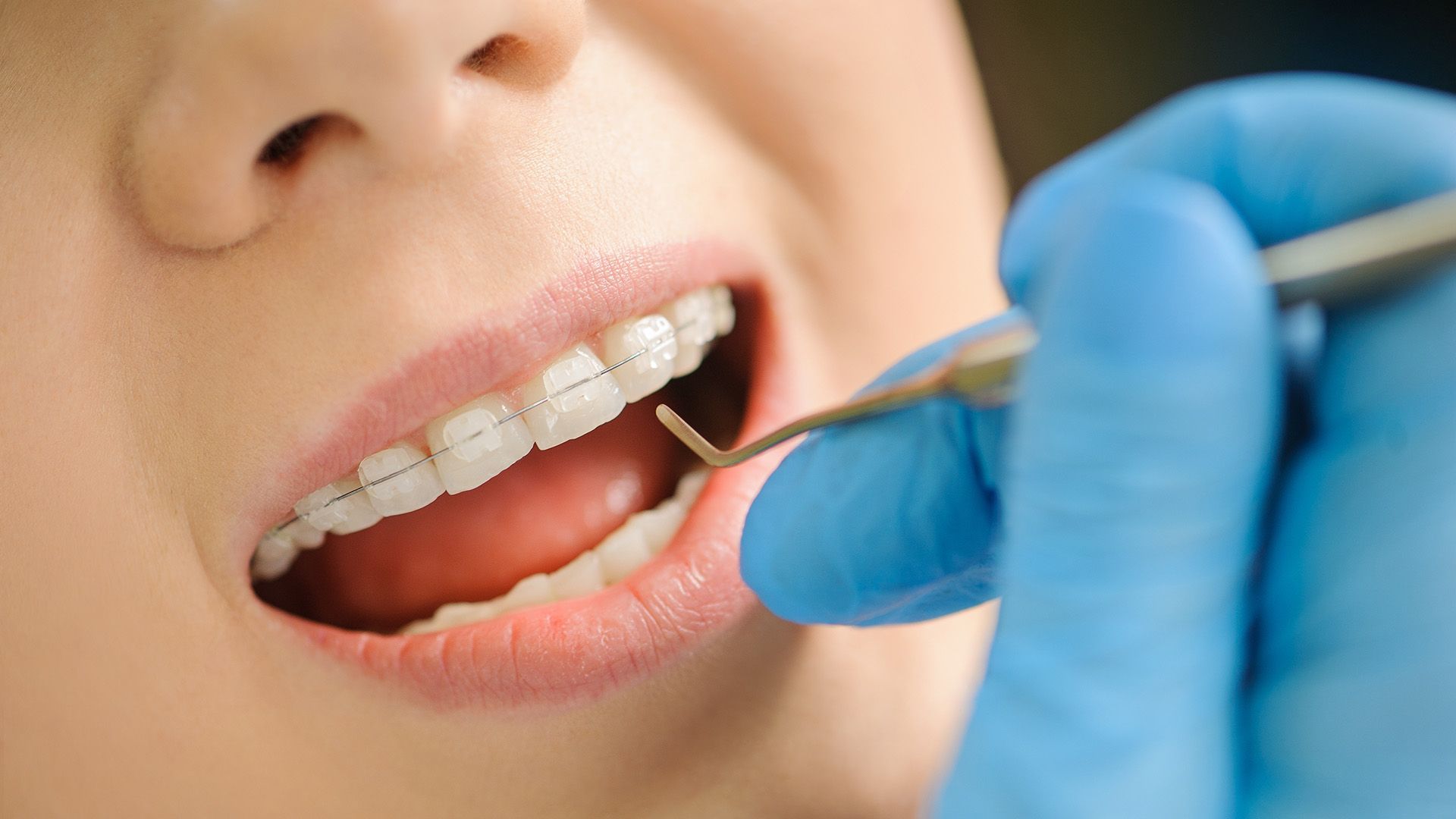Can I Get Braces with Implants?
Understanding Dental Implants
Dental implants act as artificial tooth roots, typically crafted from titanium, and are surgically placed into the jawbone. These implants support replacement teeth or bridges by integrating with the bone in a process called osseointegration. This integration provides a strong and lasting foundation, allowing implants to function much like natural teeth, bringing both aesthetic and practical advantages.
Unlike natural teeth, which connect to the bone via a periodontal ligament, dental implants are directly anchored to the bone. This direct attachment ensures implants remain stable and unmoving, making them an ideal solution for tooth loss due to injury, decay, or other dental issues.
Individuals often choose dental implants to restore their smile and improve chewing capabilities. Implants also prevent bone loss in the jaw, which can occur after losing a tooth, and help maintain the alignment of surrounding teeth, supporting overall oral health.

Dental Implants and Braces: Compatibility Insights
Braces are orthodontic tools designed to correct misaligned teeth and jaws, improving both appearance and functionality. By applying gentle pressure, braces gradually shift teeth into their ideal positions, enhancing the smile and promoting oral health, as aligned teeth are easier to care for.
A common query is, "Can I get braces with implants?" Traditional braces cannot directly attach to dental implants because implants, fixed to the jawbone, do not move like natural teeth. However, orthodontic treatment can be effectively planned around implants. Orthodontists typically use natural teeth as anchors, guiding the movement of adjacent teeth while accommodating implants.
The presence of dental implants significantly impacts orthodontic treatment planning. Orthodontists must consider the position and stability of implants alongside natural teeth. This careful planning ensures that tooth movement does not compromise implant integrity. Collaborating with your orthodontist will help you achieve a well-aligned smile that harmonizes with your dental implants, ensuring a successful outcome.
What to Expect When Getting Braces with Implants
The first step in considering braces with dental implants is scheduling a consultation with your orthodontist. During this visit, your orthodontist will assess your dental health, review your medical history, and evaluate your implants' positioning. They'll discuss your orthodontic needs, explain available treatment options, and create a personalized plan tailored to your best results. This is also an ideal time to ask any questions you have about the process.
The duration of orthodontic treatment involving dental implants and braces varies based on individual circumstances, typically ranging from 18 to 30 months. If your implants are stable, braces integration may occur sooner. However, additional procedures, like bone grafting, may extend treatment duration.
While successful, getting braces with implants may present challenges, such as managing teeth movement around fixed implants. Your orthodontist may use specialized techniques to ensure teeth move correctly without affecting implant stability. Regular check-ups are crucial to monitor progress and address concerns promptly. By maintaining open communication with your orthodontist and following their advice, you can overcome challenges and achieve a beautifully aligned smile.
Next Steps for Your Orthodontic Journey
Starting your orthodontic journey is an exciting step toward a healthier, more confident smile. Recognizing that each patient's needs are unique, especially when considering dental implants and braces, a personalized treatment plan is essential. Experienced orthodontists will assess your dental structure, implant positioning, and overall oral health to create a tailored approach that maximizes results while ensuring comfort and effectiveness.
Preparing for your first orthodontic appointment is crucial to maximize your time. Gather your dental history, including previous treatments or surgeries related to your implants. It’s helpful to list any questions or concerns about the process. This preparation enables the team to address your specific needs and provide the best guidance.
Ready to take the next step in your orthodontic journey? Contact your local orthodontic provider to schedule your consultation. Their friendly staff is ready to guide you through every treatment aspect, from initial evaluations to final adjustments. Reach out via phone or visit their website to book your appointment online. Look forward to achieving the smile you've always wanted!













